If you're considering getting a new smile but aren't quite sure what to choose, consider temporary veneers. These can be quite durable and last for several months, which is just enough time to decide if this is the right solution for you. Lynette has been seeking a new smile for years, and when she called our office for a complimentary consultation, she was thrilled with her new temporary veneers. After all, she'd been dreaming of a new smile for years.
Table of Contents
Snap-on veneers

If you've been thinking about getting a set of veneers, you may be wondering if they are worth the hassle. Snap-on veneers are a great solution, but they aren't permanent. You can use them for special occasions, everyday life, and more. They simply fit over your natural teeth and snap into place. In order to maintain your veneers' appearance, you should brush and floss your teeth regularly. While most companies will let you eat while wearing veneers, doing so can cause your veneers to wear out faster and require more replacements.
A snap-on veneer can be a great option for many people since it allows them to test-drive veneers before paying for the actual procedure. These temporary veneers will cover a couple of teeth at a time, so there will be no gaps. You can eat and drink normally while wearing them, and you can easily remove them at home if you find they are not right for you. Another benefit is that they won't make your teeth look unattractive, which can improve your self-confidence. But be aware that they also can make you more likely to develop plaque.
One big disadvantage of snap-on temporary veneers is that they don't mimic natural teeth. While they do work to replace a single tooth, the veneers can be ill-fitting and may cause you to lose confidence in your smile. If you have poor oral hygiene habits, you might want to consider a traditional veneer, which can last for up to twenty years. This is because porcelain mimics natural teeth very well, so you'll need to take good care of them to maintain the beauty of your smile.
Porcelain veneers
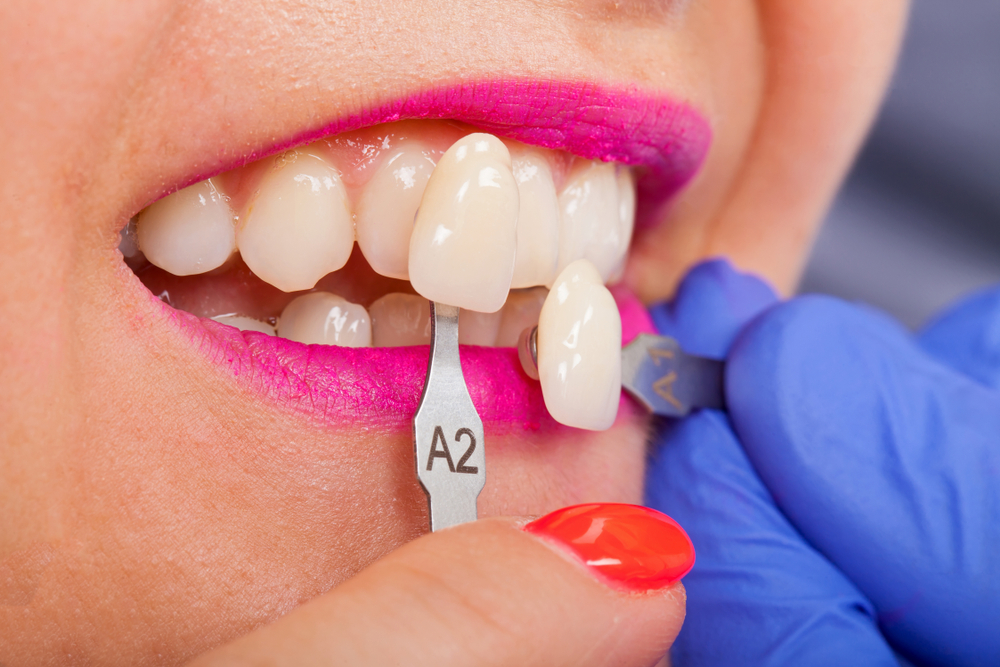
Fortunately, porcelain veneers are temporary. You can get them in one appointment if you want to try them out before you decide to make the investment in a permanent treatment. However, before you can get them, you will need to prepare your teeth physically. First, your dentist will remove a thin layer of natural tooth enamel. This will create a flat, smooth surface on which the porcelain veneer will be bonded. Typically, about half a millimeter is removed from the surface to ensure proper placement.
You can use your temporary veneers with many different foods, although they do not have the same strength as permanent veneers. To reduce the risk of chipping your temporary veneers, you can cut up apples instead. Luckily, you can use interim veneers to give your teeth a more natural appearance before the final porcelain veneers are applied. You will have your final porcelain veneers within a few days, so you'll want to take good care of them.
While your dentist is working to create a permanent, beautiful smile, temporary porcelain veneers are a better option for most people. The material is made of a composite material that bonds to the front surface of the teeth, and this allows the temporary veneers to blend with the rest of the tooth's structure. These veneers can change your smile in subtle ways, or they can make your smile appear dramatically different. Because they are bonded to your tooth, they are both comfortable and natural looking.
Lumineers
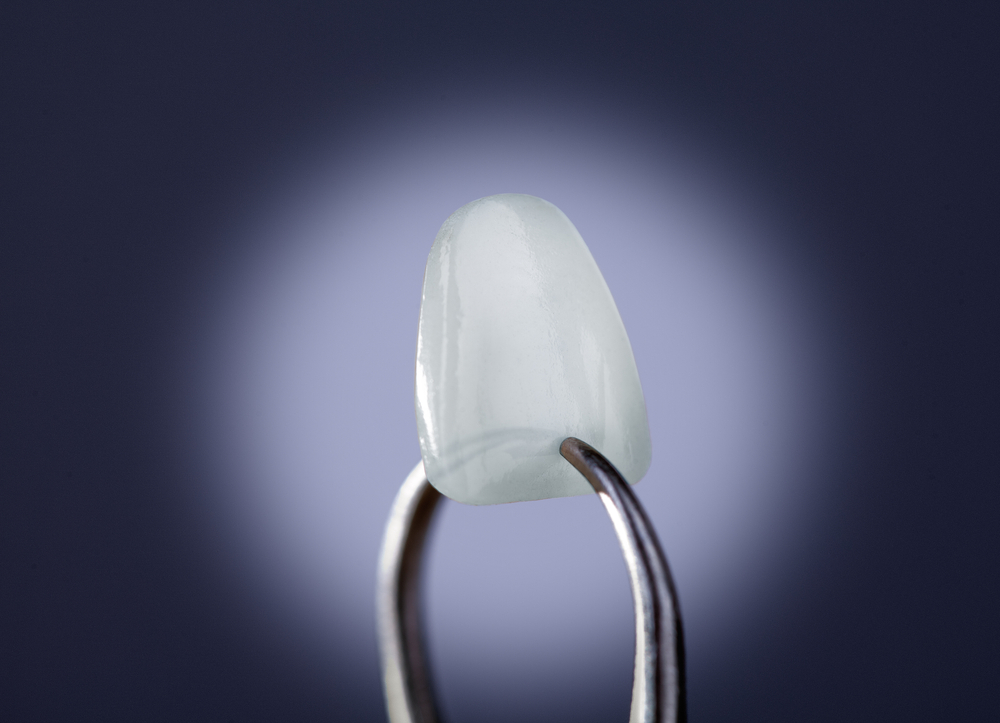
The benefits of Lumineers are extensive. Not only do they save time and money, but they also require much less enamel removal than traditional porcelain veneers. Since Lumineers are made from a thin, custom-made layer of porcelain, there is virtually no need for tooth structure to be removed. Plus, they look and feel just like natural teeth. Additionally, Lumineers can be maintained with regular dental visits.
Porcelain veneers can be a great way to improve the appearance of your teeth and make them straighter and whiter. However, they are a permanent solution that requires trimming of the tooth's enamel, a process that can be painful. While Lumineers require less preparation, they are not as durable as traditional veneers. Because they are not as durable as veneers, they are not a good solution for covering up chipped or damaged teeth. In addition, porcelain veneers are made of porous materials, and the edges of the veneers will stain after five years.
Lumineers are also much thinner than traditional veneers. That means they won't require anesthesia, and they should last up to 10 years if cared for properly. In addition to being thinner than traditional veneers, Lumineers do not require tooth preparation and can be placed in as little as two to four weeks. Unlike temporary veneers, Lumineers don't require dietary restrictions or anesthesia.
Dental bonding
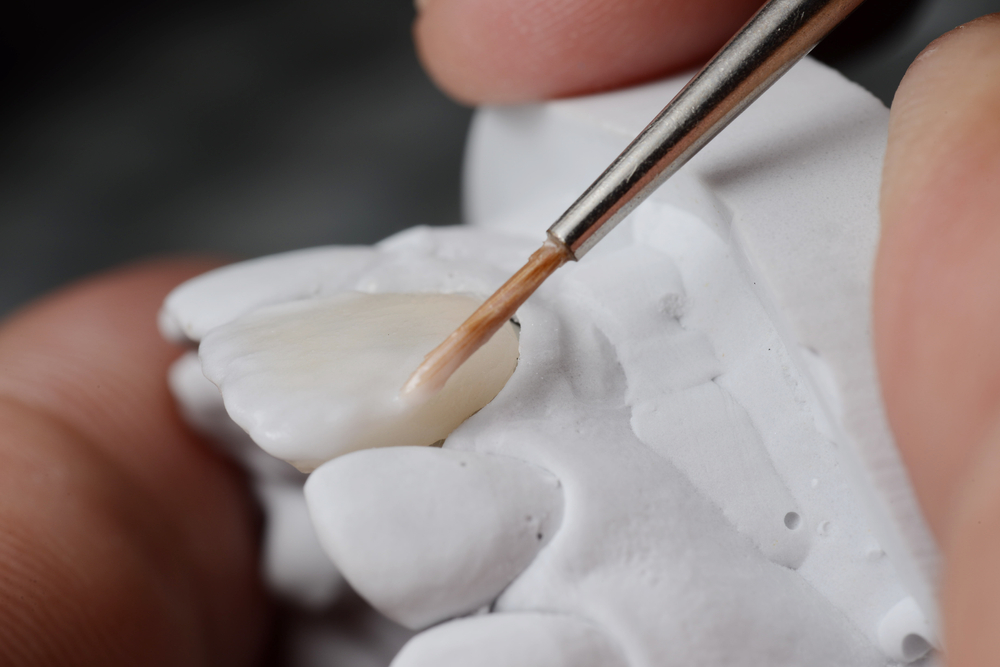
Dental bonding is an ideal solution for minor cosmetic changes to your teeth, but if you're looking for more drastic results, you should consider porcelain veneers. The good news is that dental bonding requires no downtime, and you can return to your normal daily activities immediately. Although you should practice good oral hygiene and make regular visits to your dentist, dental bonding doesn't require any special maintenance. A temporary veneer can last anywhere from three to five years before you need to visit a professional.
Before getting temporary veneers, a dentist must make a wax mock-up of your smile. This way, your dentist can get a better idea of the final appearance before preparing your teeth for the procedure. First, your dentist creates a mold of your teeth and sends it to a lab, which will create a diagnostic wax-up. After the wax mock-up has been created, your dentist will inject a layer of tooth-colored acrylic into the model to make it appear like natural enamel. Next, your dentist will polish the acrylic, remove excess bits, and fit your temporary veneers.
Because dental bonding does not require anesthesia, it's an excellent choice for people who are concerned about pain. Since the procedure does not affect the nerve in the tooth, it does not require anesthesia. Some patients may experience temporary sensitivity after the procedure, but this can usually be remedied with over-the-counter pain relievers. After having dental bonding, you must continue to practice proper oral hygiene to keep your new veneers in place. Brushing your teeth twice a day and flossing daily are essential.
Composite resin veneers
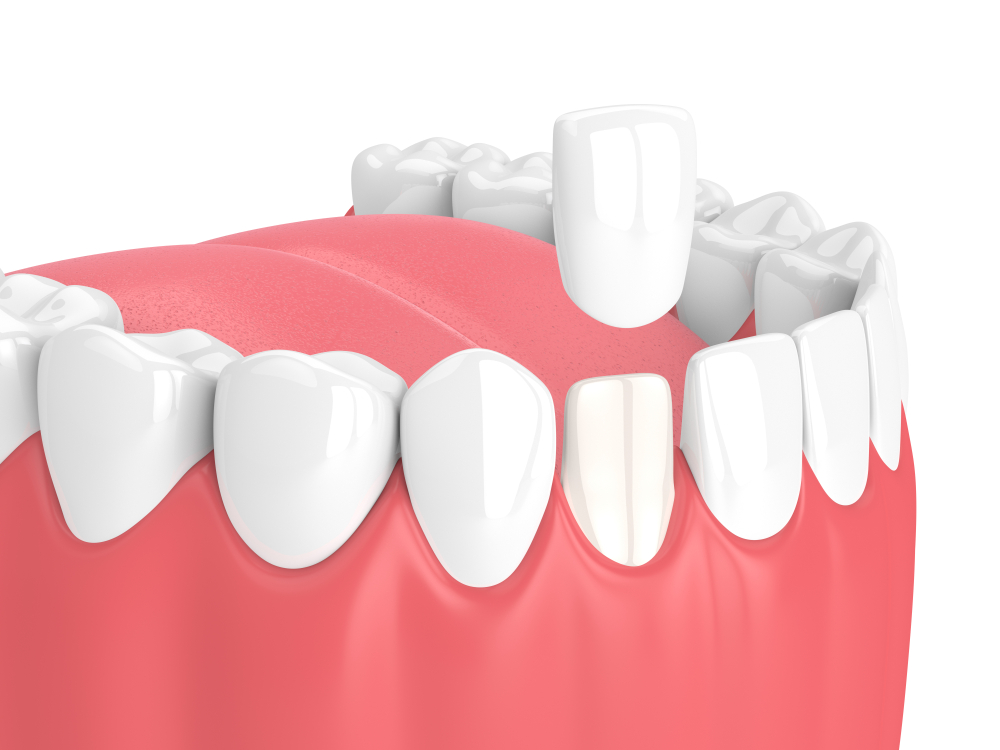
There are many advantages and disadvantages to using composite resin veneers. For minor changes, you can simply get temporary veneers while waiting for the permanent ones to be made. Similarly, if you have bad breath, you can opt for indirect composite veneers. With indirect composite veneers, your dentist will prepare your teeth for the veneers and then apply thin layers of composite material to them. Once the composite hardens, they are polished so that they resemble your natural teeth.
However, they can only be used temporarily and should not be placed on your teeth permanently. You can extend the lifetime of composite veneers by taking good care of them. Always brush your teeth with toothpaste that does not contain abrasives and avoid chewing on hard objects. You also have to avoid drinking certain types of stain-causing beverages. While these temporary veneers are not cheap, they can improve the appearance of your teeth considerably.
The main disadvantage of temporary veneers is that they can't last as long as permanent ones. Unlike their permanent counterparts, temporary veneers are not made of porcelain or zirconium. Because of this, they do not blend as closely with your natural teeth as the permanent ones. If you have any concerns about the temporary veneers, you can contact Dr. Griffin and ask him about your treatment options. If you have any questions or concerns, you can discuss them with your dentist.
Composite bonded veneers
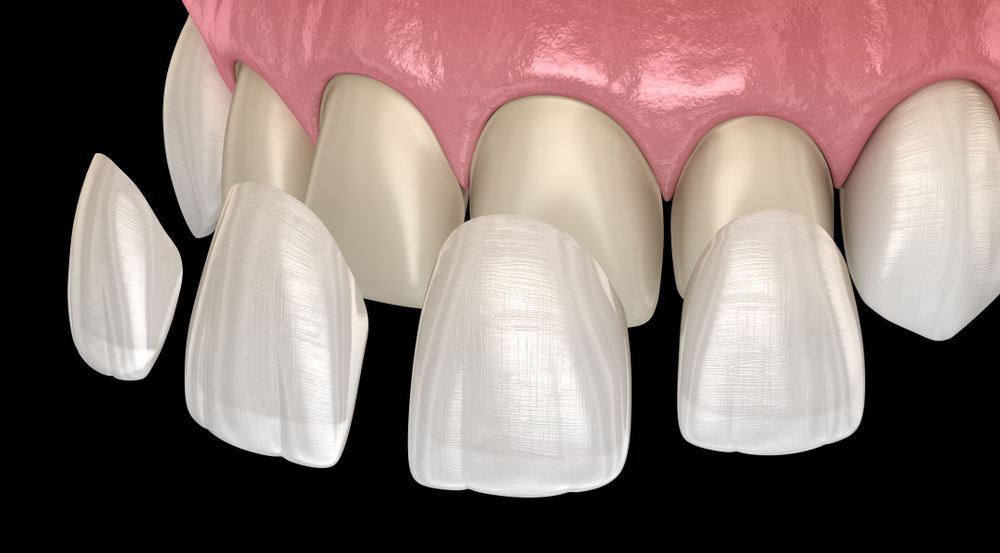
You can buy composite bonded temporary veneers in a drugstore, and these will not require a dentist visit or tooth preparation. However, the price will vary depending on the type of material. For instance, porcelain clip-on veneers cost more than composite resin clip-on veneers. While these are useful for temporary applications, they do not provide realistic results and cannot be customized. So, if you are considering getting veneers for long-term use, you may want to invest in permanent ones instead.
If you want to make cosmetic improvements to your teeth, composite bonding is more appropriate for you. Your dentist will recommend the type of treatment based on your needs, budget, and lifestyle. They will also explain the differences between porcelain and composite bonded temporary veneers and which one is the best choice for you. Composite bonding is an inexpensive alternative to porcelain veneers and may be the best option for you. But, remember to follow the dentist's instructions closely if you want to maintain the quality of your new veneers.
Because composite bonded temporary veneers are made of a different material than permanent ones, they will not look as natural as the porcelain varieties. You can brush your teeth gently while wearing them, but do not floss as this could lead to chipping. If you experience any issues with your temporary veneers, you should visit a dentist immediately. However, if you're planning to have your permanent veneers installed, you must be sure that your dentist will be able to repair the damage.

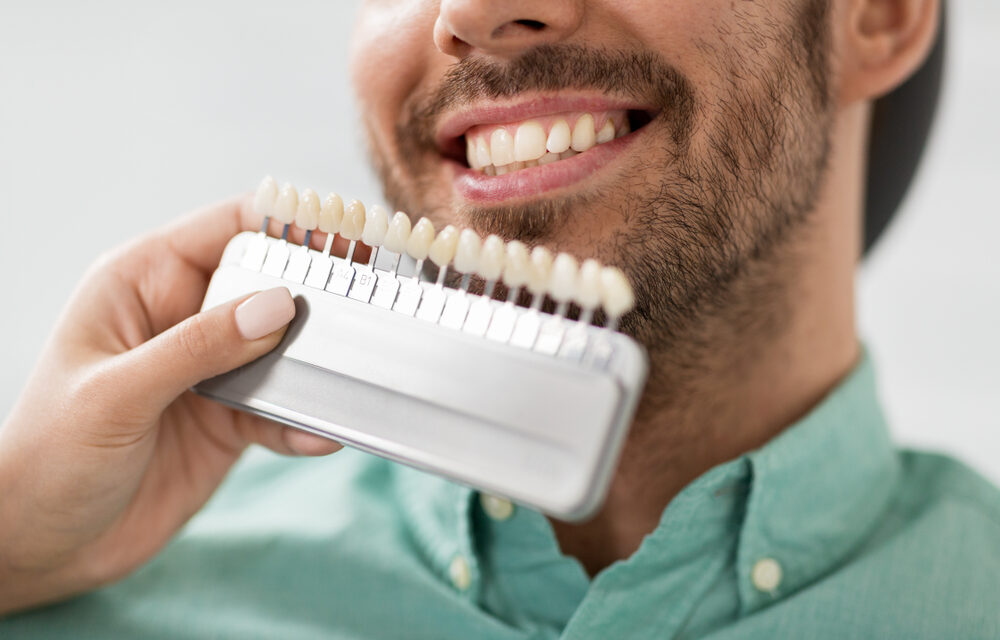

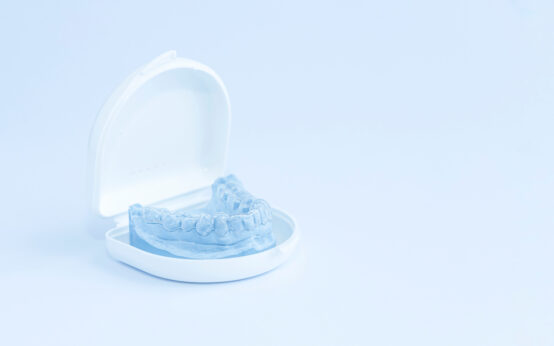 Snap-on Teeth – Benefits, and Risks
Snap-on Teeth – Benefits, and Risks 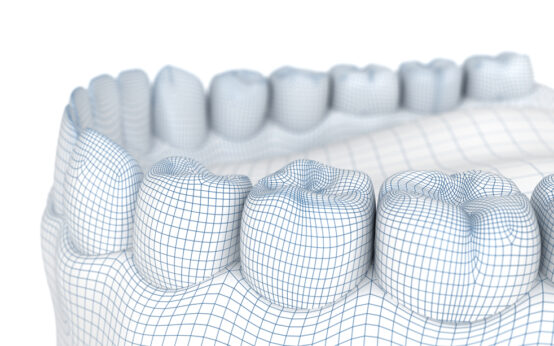 Ways to Fix Craze Lines Without Braces Or Root Canals
Ways to Fix Craze Lines Without Braces Or Root Canals  Porcelain Teeth and Veneers
Porcelain Teeth and Veneers 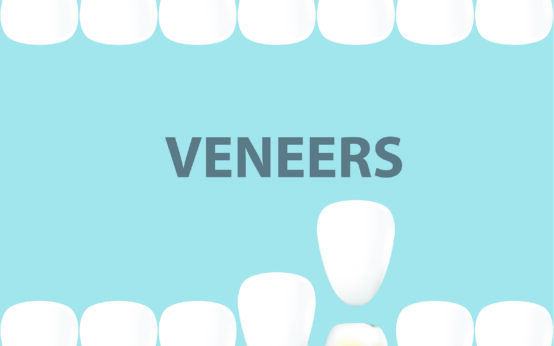 The Difference Between Lumineers and Regular Veneers
The Difference Between Lumineers and Regular Veneers 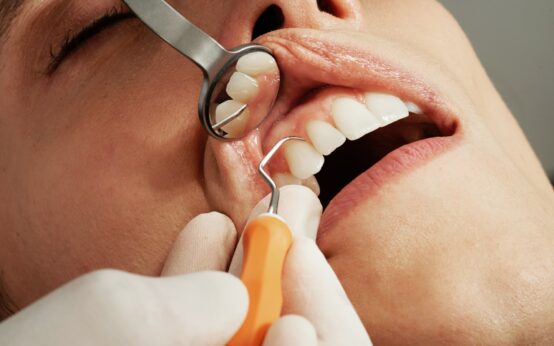 Restorative Dentistry – What Are the Different Types of Restorative Dentistry Procedures?
Restorative Dentistry – What Are the Different Types of Restorative Dentistry Procedures?